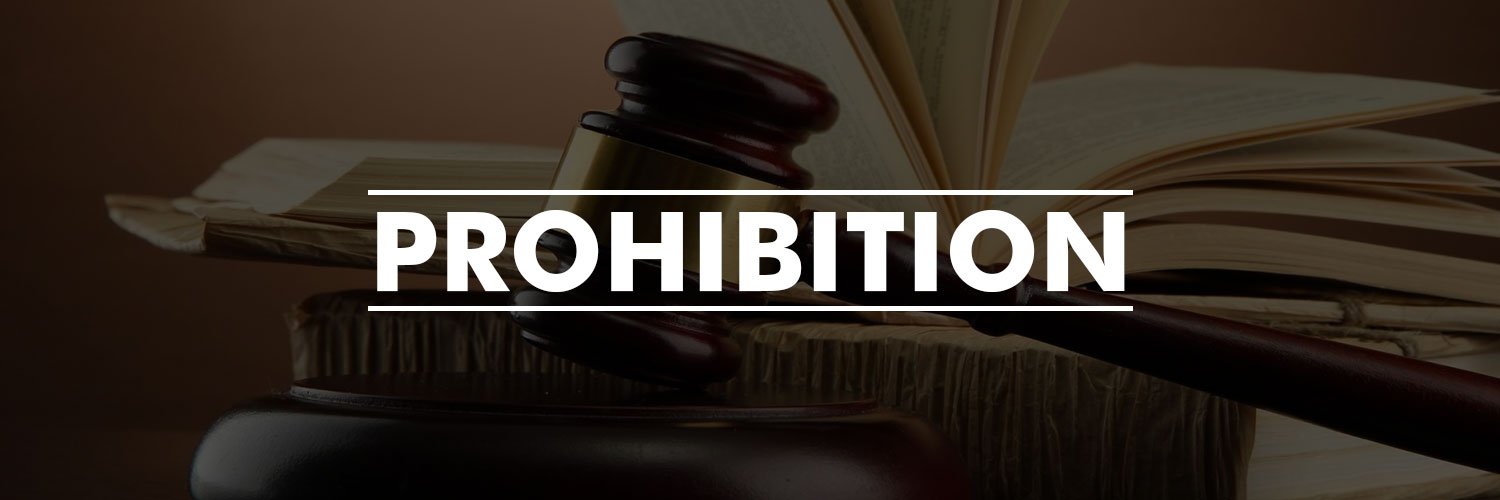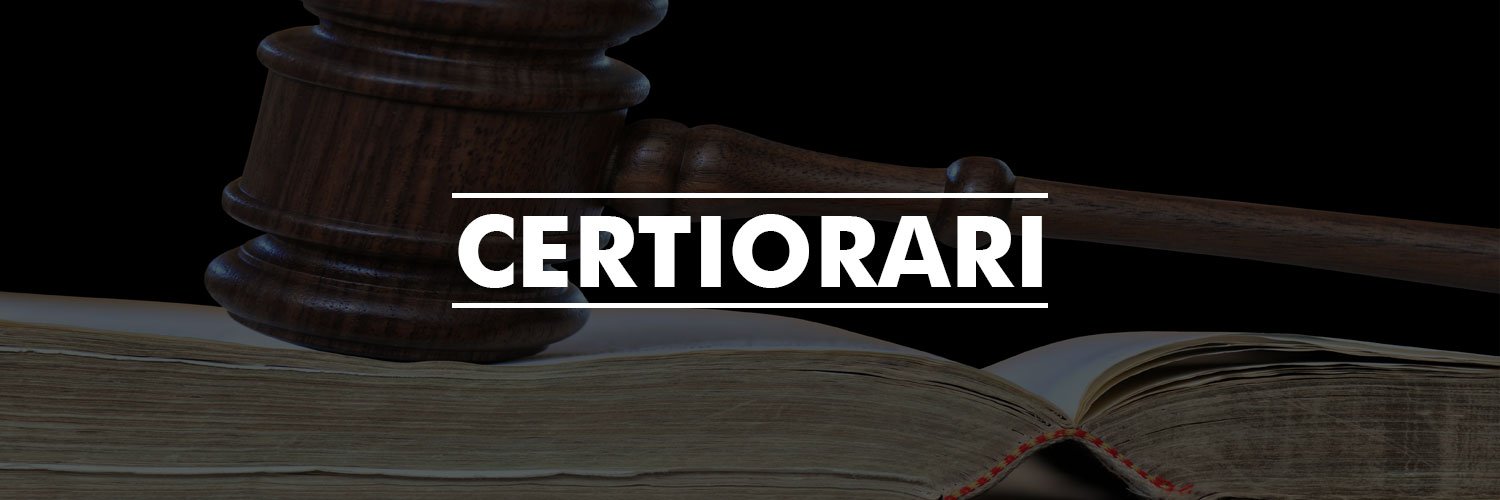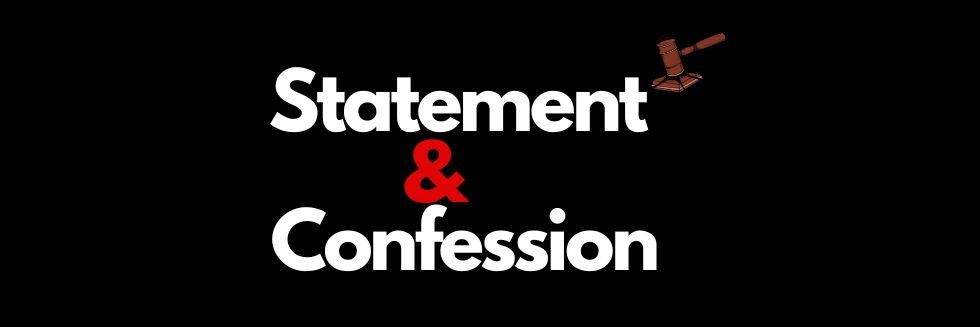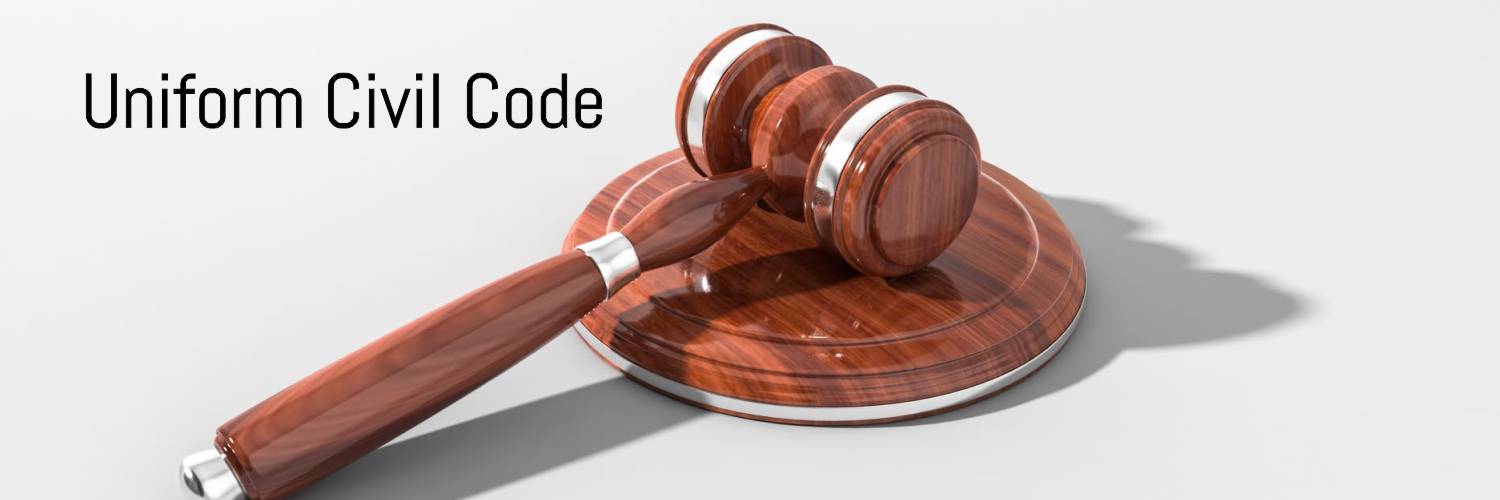A writ is a legal document issued by a court or judicial officer. Anything that is issued under an authority is a writ. The Supreme Court may issue writs under Article 32 of the Constitution for the enforcement of Fundamental Rights and under Article 139 for enforcement of rights other than Fundamental Rights. Similarly, the High Court may issue writs under Article 226 of the Constitution.
Writs are the constitutional remedies available to a person to bring his complaint or grievance against any administrative action to the notice of the court. Protection of fundamental rights and the guarantee of natural justice are the most essential elements of writ jurisdictions.
PROHIBITION
The literal meaning of Prohibition is to forbid or to stop. The Writ of Prohibition is a prerogative writ. It is issued primarily to prevent an inferior court or tribunal from exceeding its jurisdiction in cases pending before it or acting contrary to the rules of natural justice. The basic objective of the writ of Prohibition is to restrain a judge from hearing a case in which he is personally interested.
The writ of prohibition means that the Supreme Court and High Courts may prohibit the lower courts such as special tribunals, magistrates, commissions, and other judiciary officers who are performing some acts which exceed to their jurisdiction or acting contrary to the rule of natural justice.
This writ is issued when a lower court or a body tries to transgress the limits or powers vested in it. After the issue of a writ of prohibition, proceedings in the lower court automatically come to an end.
ESSENTIALS OF WRIT OF PROHIBITION
- It is issued by a superior court to an inferior court from usurping a jurisdiction with which it was not legally vested.
- It can be issued only against a judicial or quasi-judicial body and not against a legislative or administrative body.
- It can only be issued when the proceedings are pending in a court if the proceeding has matured into a decision, this writ will not lie.
FEATURES OF PROHIBITION:
- Prohibition is a judicial order to the agencies (constitutional, statutory or non-statutory) from continuing their proceedings in excess or abuse of their jurisdiction or in violation of the principles of natural justice or in contravention of the law of the land. It is issued primarily to prevent an inferior court or tribunal from exercising its jurisdiction (i.e. exercising power or authority not vested in them).
- Prohibition does not lie against an authority discharging purely administrative or executive functions, it issues only against an authority discharging judicial functions.
- Before the writ of prohibition can be issued there must be something to be done. It is a ‘writ of right’. The object of the writ of prohibition is in short ‘prevention’ rather than cure.
- Prohibition and certiorari may be applied simultaneously, certiorari to quash the proceedings and prohibition to stop the tribunal from continuing to exceed its jurisdiction. Usually, prohibition is sought and alternatively, certiorari is prayed because it may happen that pending proceedings for prohibition the agency may hand over its final decision.
GROUNDS
- Lack or excess of jurisdiction: The writ of Prohibition prohibits an authority from exercising a jurisdiction not vested in it by law. When there is an absence of jurisdiction or total lack of jurisdiction an authority cannot act.
- Infraction of fundamental rights: Where an act of the authority results in breach or infringement of the fundamental rights of a person, a writ of prohibition can be invoked.
- Violation of the principles of natural justice: All authorities are to observe the principles of natural justice while exercising their powers. If an authority fails to comply with this mandatory requirement, the decision of that authority is liable to be quashed through the writ of prohibition.
- Statutes opposed to the constitution: When authority tries to act under a statute or a law which is unconstitutional, the writ of prohibition can be applied.






